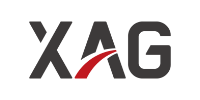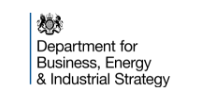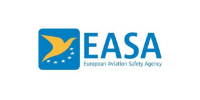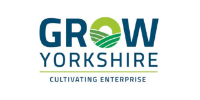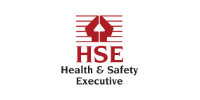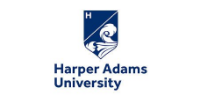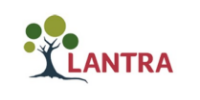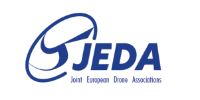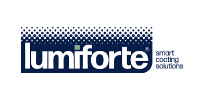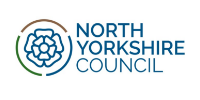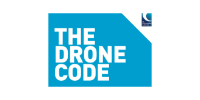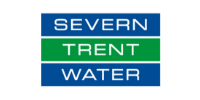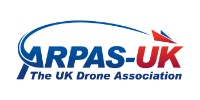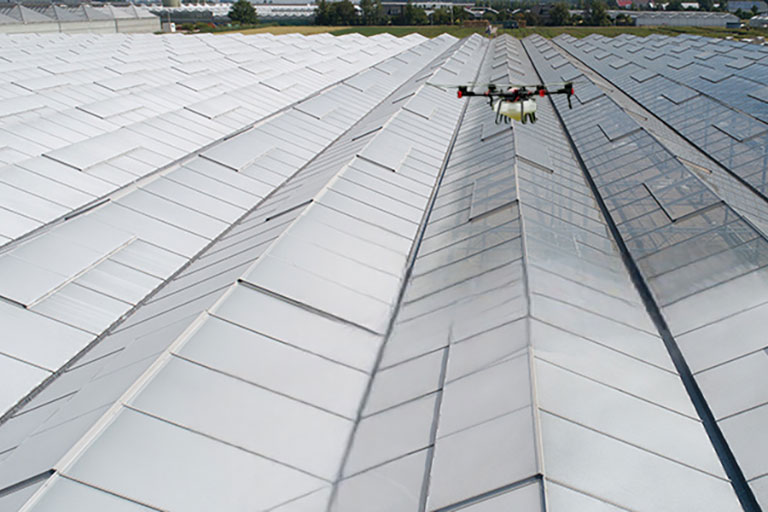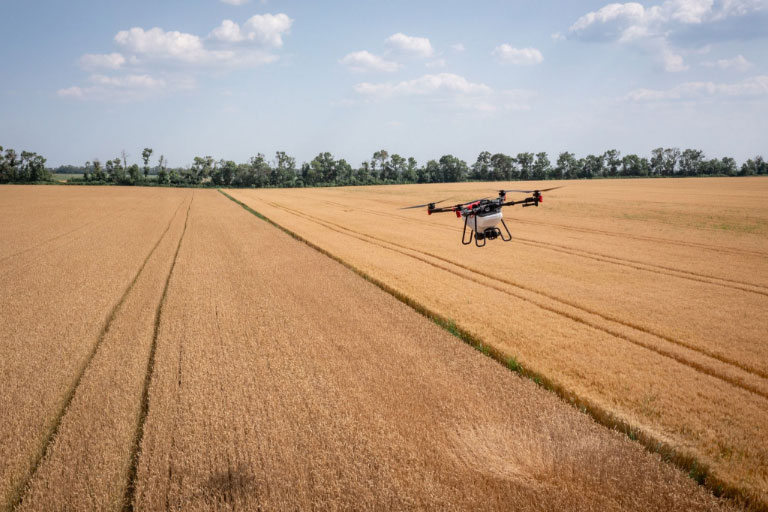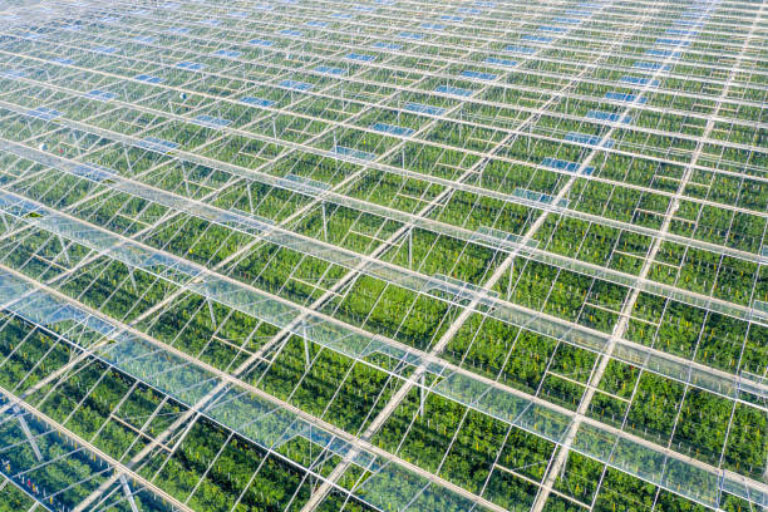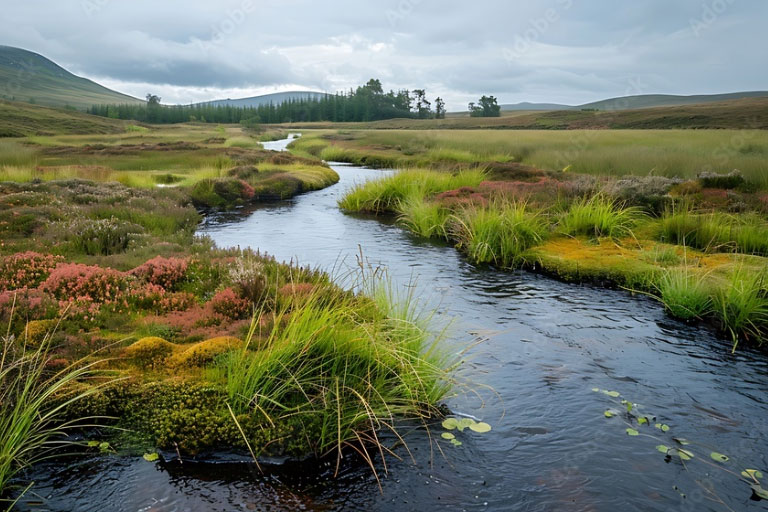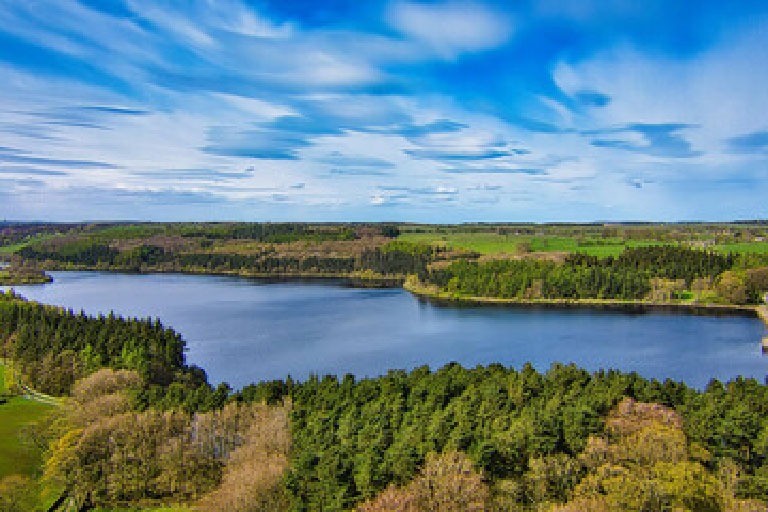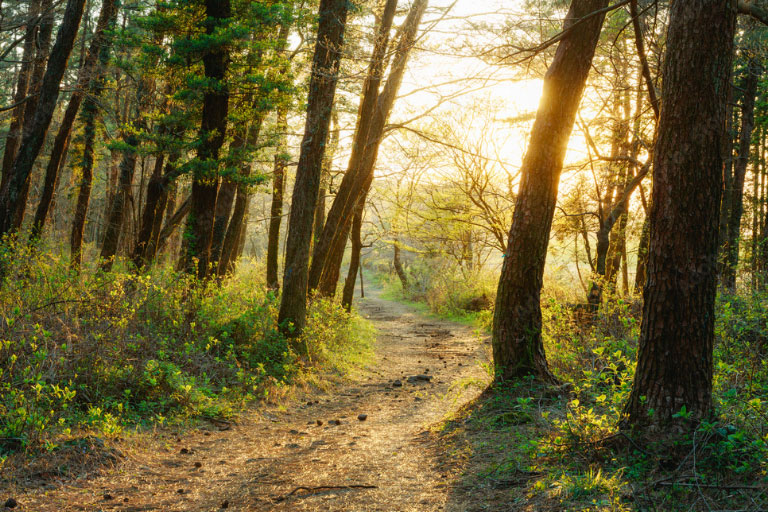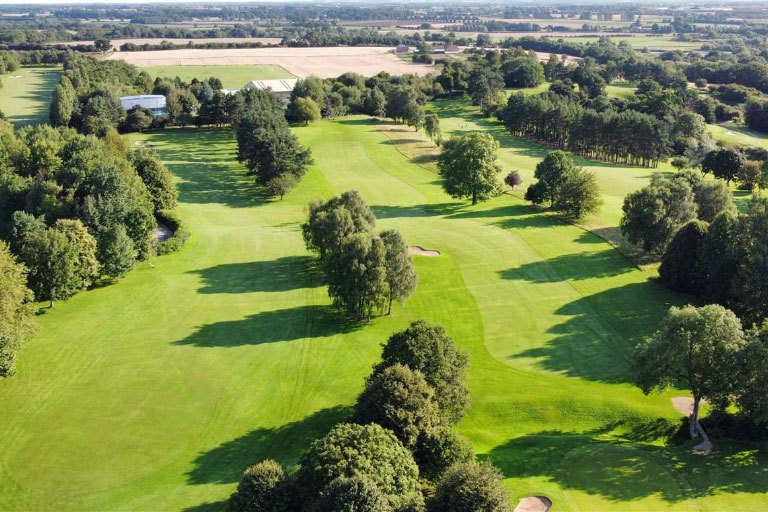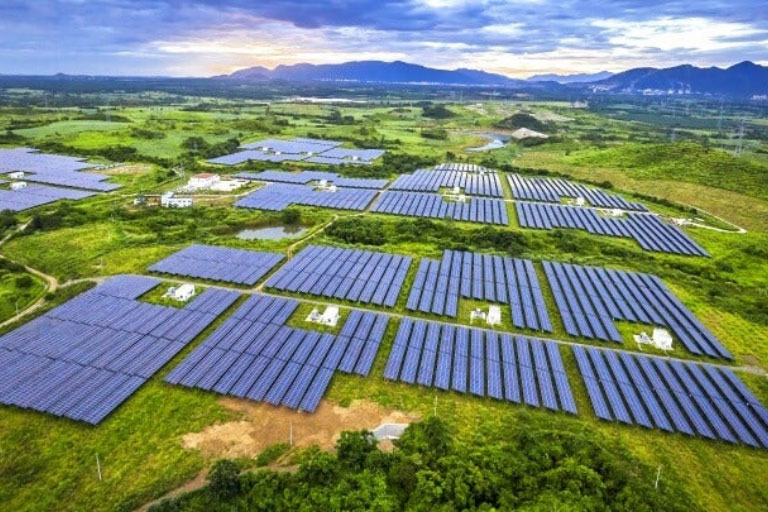SPECIALISED DRONE SERVICES
SPECIALISED DRONE SERVICES operate across the Agricultural and Horticultural industries, using the latest market leading DRONE EQUIPMENT AND AI TECHNOLOGY.
We work with customers to provide tailored solutions based on their individual requirements. Using advanced technology our work is carried out with the aim of helping to reduce costs, while providing the highest level of service. Many of our services also improve customers timetabling of work, safety, efficiency and achieve up to a 90% REDUCTION IN CO2 EMISSIONS.
Based in Yorkshire, we are able to cover the whole of the UK.
SERVICES WE OFFER
Below are the sectors and services where SDS and drones can really make a difference.
Please get in touch for more information on and see if our services can help make your working day a little easier.
BENEFITS OF SDS & AI DRONE TECHNOLOGY
Our solutions using drones and technology aim to make your work more efficient, safe, simple and produce overall better results.
The benefits and advantages we provide are similar across all of the above services, which include the below:
Precision Farming & Flying
Precision spraying ensures no product wastage. Auto spray shut off, precision edge to edge consistency and manually programmed spray control to tailor the quantity of product used. The drones can even spray as little as 1kg of product per hectare.
As well as automatically avoiding and flying around obstacles, the drones can be programmed to stop spraying in other non-spray areas. They’ll also be able to spray areas other machines will struggle to reach.
There’s zero damage to the ground, structures, crops or surfaces. This also ensures no wear and tear on surfaces or structures as well as not unnecessarily damaging healthy crops.
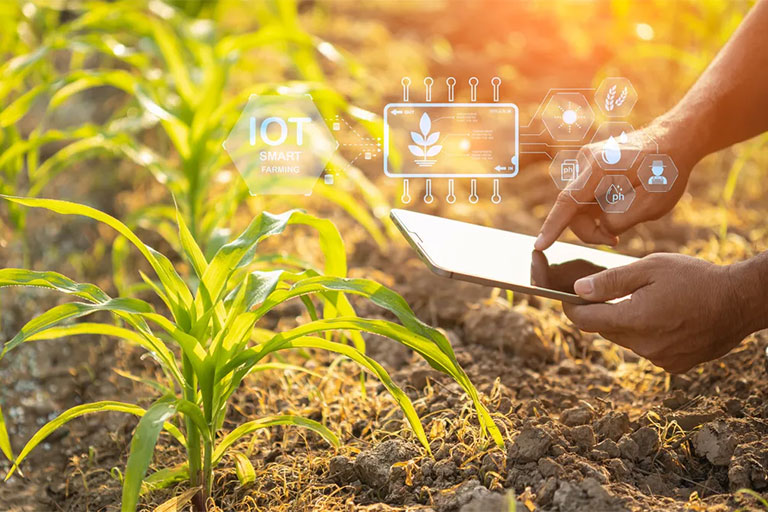
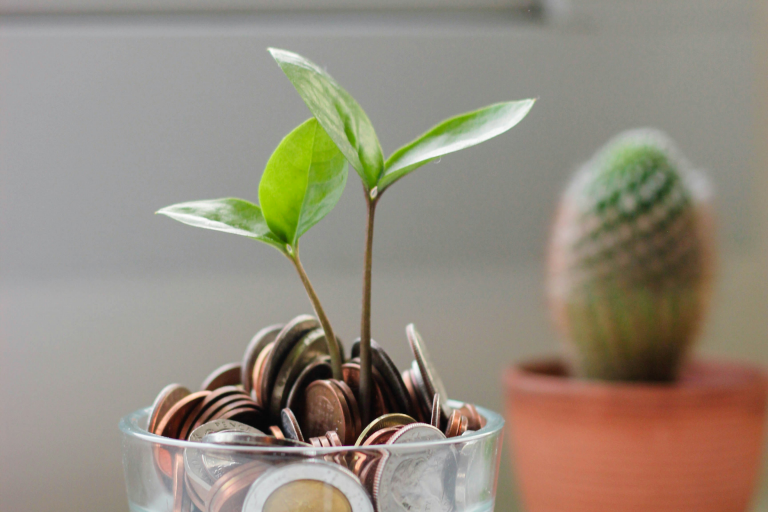
Cost-Efficiency
Significantly reduce operational costs by carrying out labour intensive and expensive manual tasks.
Fuel costs are completely removed for all jobs and are covered by SDS.
Field mapping creates bespoke and prescriptive maps for each individual spraying area, glass or field. The AI technology controls the volume of seed or liquid being used, which ensures the efficient application of products, reduces waste and therefore the overall cost of the job.
Convenience & Accessibility
Access fields/land during any type of conditions, especially wet or water-logged fields; removing the worry of vehicles getting stuck and time wasted towing them out. Contrary to popular belief, our drones are also fly in the rain.
This means NO waiting or delays and work is carried out on time and not when conditions permit. No vehicle to get stuck, tow out or cause potential damage to the ground.
Drones are very good at getting to hard-to-reach areas, across any kind of terrain, where other vehicles may struggle or risk damage to equipment. The AI technology tracks the mixed terrain and follows the ground contours, ensuring the drone always flies at the same height and flow rates throughout.

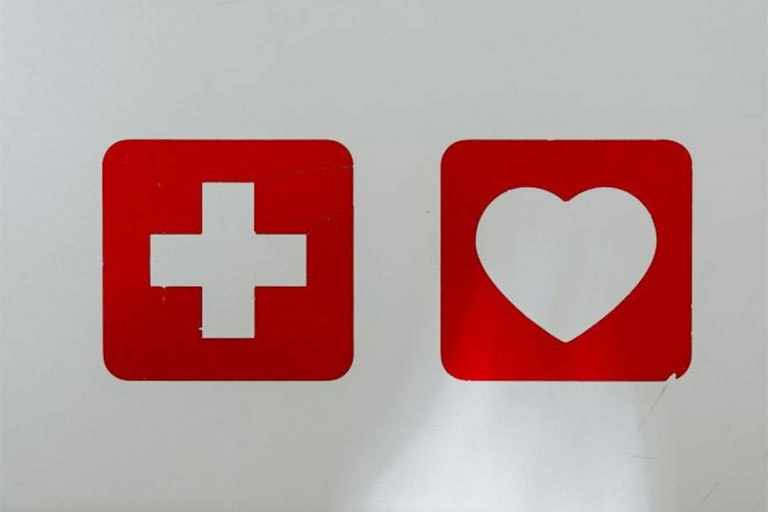
Enhanced Safety
Drones can be used in hazardous or hard-to-reach locations, whether it’s in a field or on glass, which completely eliminates the risk to owners or employees attempting to work in these dangerous areas.
Some jobs we cover are extremely dangerous when carried out manually, especially when glass is involved. Health and Safety is a major worry for any business owner and in these circumstances using a drone completely removes the safety risks and provides total peace of mind from a H&S perspective.
Environmental Factors
Carbon Footprint, Bio Diversity, Waste Reduction, Eco Systems, Emissions and Regeneration, are becoming more and more of a key focus for all industries. Mitigating these or improving them where required has never been more important than it is now, or will be in the future.
Our aim is to achieve and exceed expectations of our work on all jobs, while also having a greatly reduced impact on the environment. For many of the reasons above, and up to a 90% reduction in CO2 vs traditional vehicles, drones are considerably less damaging to the environment, helping customers meet and improve their own environmental targets.
SDS is also working on reducing our own carbon impact, by introducing solar charging, battery storage and electric vehicles where possible.
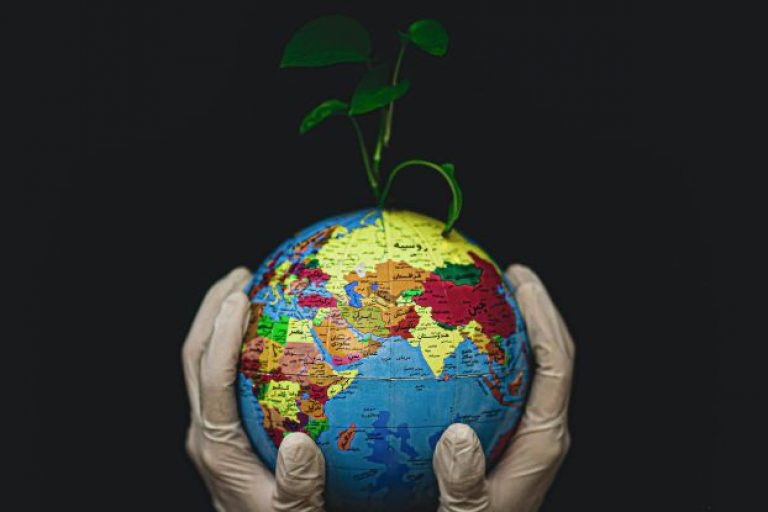
WHAT CUSTOMERS SAY ABOUT US
When asked why he decided to contract in a drone, Jeremy Buxton, Eves Hill Farm in Norfolk, explained
Our Partners

